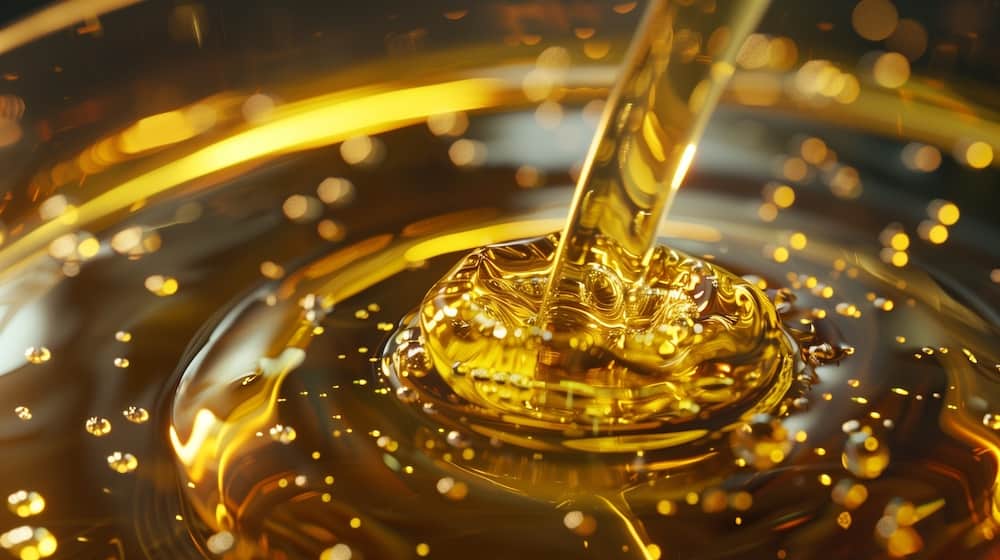Used oil may seem harmless, but when discarded improperly, it poses a serious threat to wildlife and natural habitats. Animals can ingest harmful chemicals, soil quality can deteriorate, and water bodies can become contaminated. Protecting ecosystems starts with responsible disposal. Properly handling used oil not only safeguards plants and animals but also helps maintain clean and healthy environments. Every individual can make a difference by following simple steps to ensure that oil does not harm the delicate balance of nature.
Why Proper Disposal Matters
Used oil contains hazardous substances such as heavy metals, hydrocarbons, and additives that can pollute soil and water. When spilled on land or poured into drains, it can:
- Contaminate rivers, lakes, and streams, affecting aquatic life.
- Harm birds and mammals that come into contact with it.
- Reduce soil fertility, affecting plant growth.
- Enter the food chain, creating health risks for humans and animals.
By properly disposing of used oil, we prevent these consequences and support healthy ecosystems.
Steps to Dispose of Used Oil Safely
- Collect and Store Safely
o Use a clean, leak-proof container to store used oil.
o Avoid mixing it with other chemicals, water, or trash.
o Label the container to prevent accidental spills or misuse.

- Recycle Used Oil
o Take collected oil to certified recycling centres.
o Recycling converts oil into fuel, lubricants, or other industrial products.
o Recycling reduces the need for new oil production, saving natural resources.
- Use Local Collection Programs
o Participate in community collection drives or hazardous waste programs.
o These programs ensure oil is handled by trained professionals.
- Prevent Spills During Handling
o Use funnels and gloves when transferring oil.
o Clean up any accidental spills immediately with absorbent materials.
Tips for Reducing Oil Waste
- Perform regular vehicle and equipment maintenance to prevent excessive oil use.
- Consider oil filters and products that allow longer usage cycles.
- Share knowledge about proper disposal with neighbours and local communities.
Benefits of Responsible Oil Disposal
- Protects wildlife by keeping toxic substances away from habitats.
- Maintains clean rivers, lakes, and groundwater for healthy ecosystems.
- Promotes sustainable practices and reduces environmental pollution.
- Helps create awareness and encourages others to follow safe disposal habits.
Used oil is more than just a waste product it is a potential hazard for the environment and living creatures. Every responsible action, from careful storage to recycling, contributes to protecting natural habitats and wildlife. By following simple Oude olie afvoeren steps and promoting awareness, individuals can make a meaningful difference in sustaining healthy ecosystems. Protecting the environment begins with small, conscious choices, and proper used oil disposal is one of the most effective ways to do so.
Categories: Business
Leave a Reply